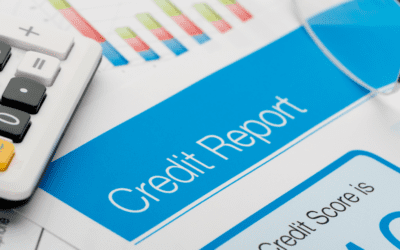How do hackers access your Facebook account?
Hackers have technical superpowers and a mind that never stops solving puzzles, don’t be surprised by the many ways they can hack you, but be alert.
Here’s how they may do it:
Phishing attacks
Cybercriminals can use emails to hack into Facebook accounts through a process called phishing. Phishing scams are one of the most common scams to access accounts.
In a phishing scam, the hacker sends you an email that appears to be from a reputable source, such as Facebook, asking you to log into your account by clicking a link. The link, however, redirects to a fake login page that looks exactly like the real Facebook login page. The fake page then captures your user’s login credentials, which the hacker uses to gain access to the Facebook account.
Be vigilant when receiving emails that ask you to log into your Facebook account, especially if you didn’t expect to receive the email. Always check the sender’s email address and hover over links to verify that they lead to the legitimate Facebook website before entering any login information.
Reusing passwords can also put your accounts at risk—don’t feel bad, we’ve all done it! If you use the same password for many accounts, and someone gets a hold of it, they can use it to log into your Facebook account too.
It’s crucial to use a unique password for all your online accounts or use a password manager.
Malware
Hackers may infect your device with malware that steals your login credentials or records your keystrokes when you enter your password. To protect your device from malware, keep your software and operating system up-to-date and use anti-virus software.
Social engineering
Using social engineering, these tricky technicians con you into revealing your password or other sensitive information through a phone call, email or instant message.
Be cautious of unsolicited requests for personal info, and don’t reveal your password or other sensitive info to anyone.
Watch this video to see a real-life example of how social engineering works. It’s so good that we show it to our employees at IDShield on their onboarding!
Unsecured networks
Unsecured networks can also put your Facebook account at risk. If you log into Facebook on an unsecured network, such as a public Wi-Fi hotspot, a hacker on the same network may intercept your login credentials. Avoid logging into Facebook or entering sensitive information on unsecured networks.
Signs your Facebook has been hacked
If you’ve experienced any of the following signs, act immediately (but try not to panic!), as you may already be a victim.
Luckily for you, the next section is about what to do if it happens.
Unusual activity
Unusual activity on your Facebook account may indicate that it’s been hacked. This could include:
- Unexpected changes to your password or account email.
- Friend requests from people you don’t know or haven’t interacted with lately.
- Changes to your profile info without your knowledge.
If your account has been inactive for a while and suddenly becomes active again, beware! This could also indicate hacking. Finally, if you can’t log in with your usual credentials, you may have been hacked.
Posts and messages you didn’t share
Suspicious posts or messages may also confirm a hacked account—unfamiliar posts on your timeline, messages you didn’t send or posts that contain spam or offensive language from people you don’t know.
If you have friends reporting messages from your account that you didn’t send, it most certainly has been hacked.







0 Comments